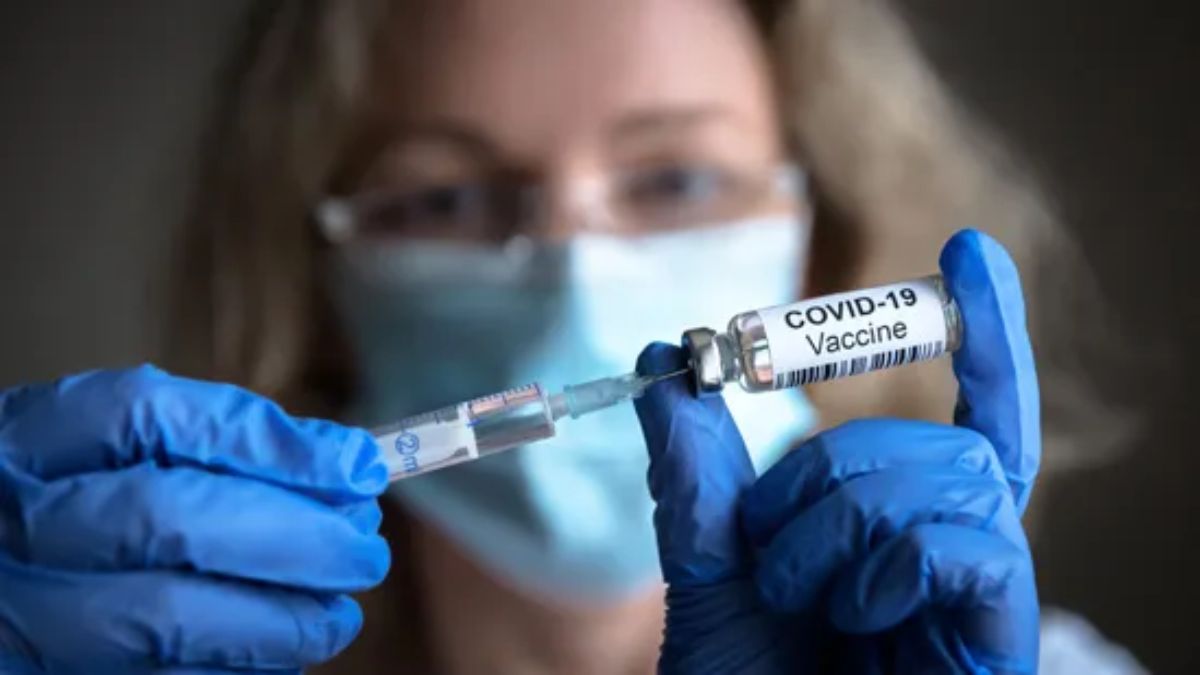For many people, Covid feels like something from years ago. The masks, the lockdowns, the fear and panic buying all feel like memories now. But for a lot of others, Covid never really ended. They are still living with long Covid, and some have been struggling with the symptoms for years.
Covid was declared a pandemic in March 2020. It has been five years since then. Even now, many people still feel exhausted, breathless, foggy, and unwell. Long Covid is when your symptoms do not go away even after twelve weeks. The NHS lists the most common problems. People feel extremely tired. They deal with shortness of breath. Their joints and muscles ache. They struggle to think clearly or remember things. Some even call it brain fog. But the list of symptoms is huge. It includes hair loss, skin rashes, and many other issues that affect everyday life.
Now scientists may finally be closer to understanding why this happens. A new study from the Montpellier Cancer Research Institute in France has found something unusual in the blood of long Covid patients. They discovered tiny blood clots that behave differently. They are called microclots. They also found changes in a type of white blood cell known as neutrophils. Neutrophils normally release DNA to trap germs inside the body. These traps are called NETs.
The scientists noticed that microclots and NETs seem to interact a lot in people with long Covid. This interaction could be causing constant inflammation. It could also explain why symptoms feel like they never stop. The microclots in long Covid patients are bigger than normal. They are also harder for the body to break down.
One of the researchers, Alain Thierry, said this shows a deeper problem happening inside the body. When these tiny clots and NETs do not behave normally, they might cause long lasting damage. Another scientist, Resia Pretorius, explained that the combination of these two things may make the clots stick around much longer than they should. This could affect blood vessels and cause many of the symptoms people complain about.
The study says that higher levels of NETs could be helping the microclots stay stable in the bloodstream. That could create harmful effects that directly lead to long Covid. These findings were published in the Journal of Medical Virology.
This research gives doctors a new way to understand long Covid. It also gives hope that new treatments can be created. Many people are wishing for the day when long Covid becomes something that can finally be cured or prevented.

